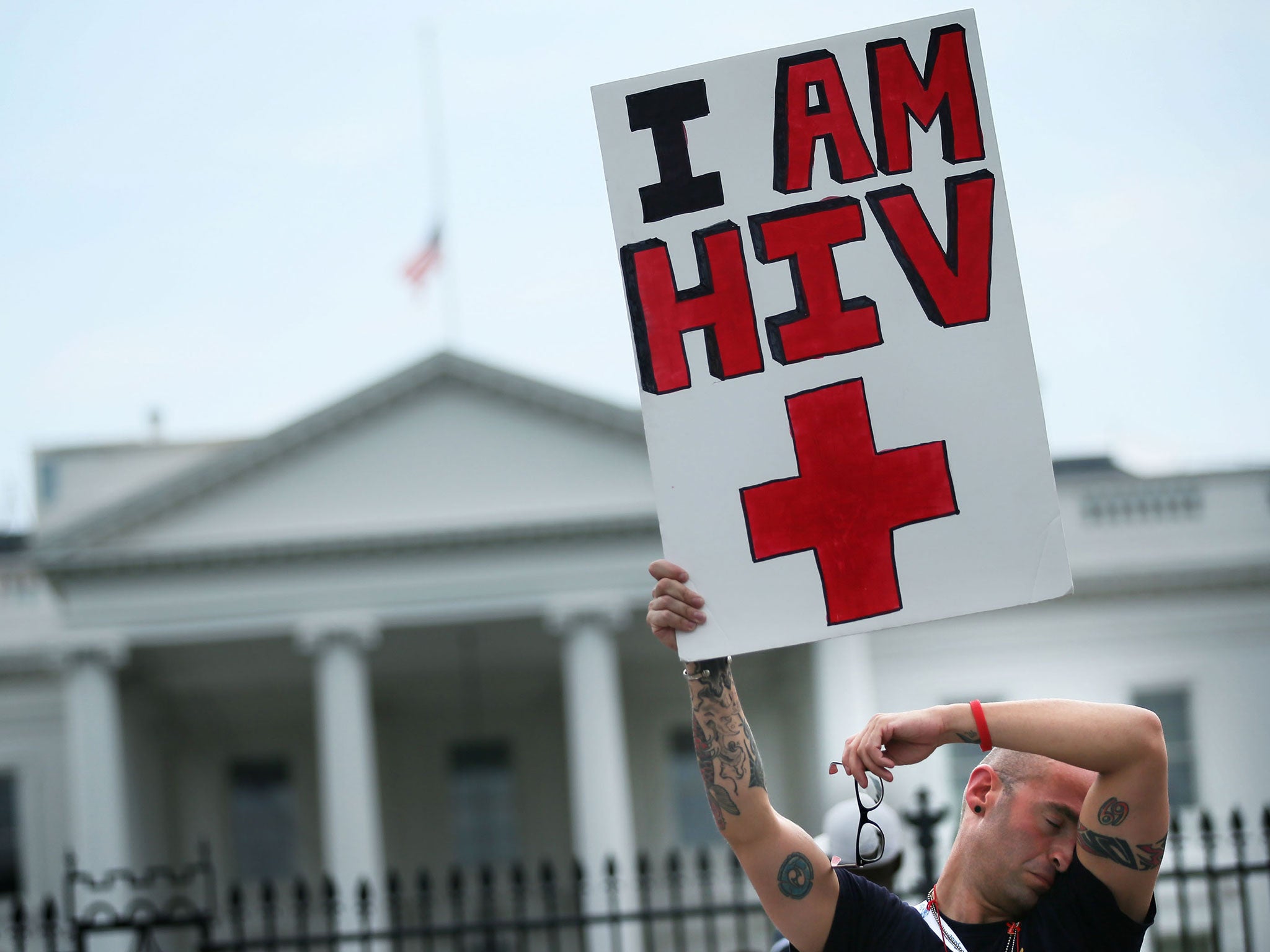Britons with HIV need more 'medical, emotional and financial support,' says RCN
One in five are now 50 or older due to improved treatments helping life expectancy for the condition

Your support helps us to tell the story
From reproductive rights to climate change to Big Tech, The Independent is on the ground when the story is developing. Whether it's investigating the financials of Elon Musk's pro-Trump PAC or producing our latest documentary, 'The A Word', which shines a light on the American women fighting for reproductive rights, we know how important it is to parse out the facts from the messaging.
At such a critical moment in US history, we need reporters on the ground. Your donation allows us to keep sending journalists to speak to both sides of the story.
The Independent is trusted by Americans across the entire political spectrum. And unlike many other quality news outlets, we choose not to lock Americans out of our reporting and analysis with paywalls. We believe quality journalism should be available to everyone, paid for by those who can afford it.
Your support makes all the difference.A “silent generation” of ageing Britons living with HIV and battling stigma and anxiety about their health need greater support from medical professionals, according to the Royal College of Nurses (RCN).
Tomorrow, during the RCN’s annual congress in Liverpool, nurses will debate the issue of the lack of awareness of the plight of those living with HIV.
Some one in five of all those with HIV in Britain are now 50 or older, due to improved treatments helping the life expectancy for the condition approach the national average. But awareness of HIV has declined, with a lack of training for health care workers and a lack of knowledge among the public. And many older people with HIV have severe financial problems and cannot get the support they need to survive.
Dr Peter Carter, Chief Executive & General Secretary of the RCN said: “Nursing staff are seeing an increasing number of older people with HIV and too often they can see that the system is failing them.” He added: “We owe it to them as a society to provide the support, medically, emotionally and financially, that they need.”
Memory Sachikonye, 48, diagnosed in 2002, said: “Older people with HIV will have more than one illness and when you are seeing five different consultants it can be difficult keeping track of medications, appointments and tests, especially if you are ill.”
And Ian Lamb, 61, was diagnosed with HIV in 1996, at the age of 42. “When I was diagnosed having HIV meant you were going to die, and that is how I lived my life, racking up enormous debts which I am still paying off.” A stigma remains, he added: “The attitudes towards HIV haven’t really changed in some parts of the country from when I was first diagnosed twenty years ago – it is just more subtle and less noticeable now. After twenty years I still have to be careful who I tell or what I say.”
Jason Warriner, Chair of the RCN Public Health Forum, said: “There is a silent generation of people living with HIV who don’t feel comfortable attending support groups or talking about their diagnosis. It is every health care worker’s responsibility to reach out to these people.”
Mr Warriner added: “There must be greater training and support for staff to ensure that people living with HIV do not face stigma or misinformation when they are using the health service.”
And Dr Rosemary Gillespie, chief executive, Terrence Higgins Trust, commented: “As the 100,000 people living with HIV in this country grow older, many of them will face a number of related health issues. They will be looking to healthcare staff to treat their condition sensibly and sensitively. Nurses have a central role to play in this, to ensure that people with HIV are not just living longer but living well, and receive the care they deserve.”
Join our commenting forum
Join thought-provoking conversations, follow other Independent readers and see their replies
Comments